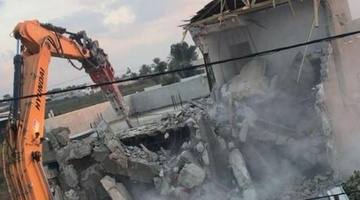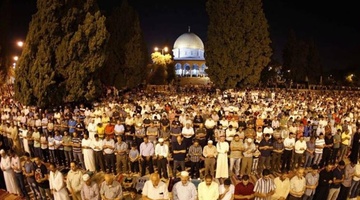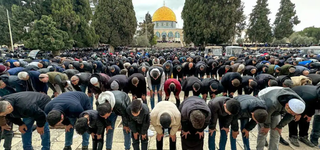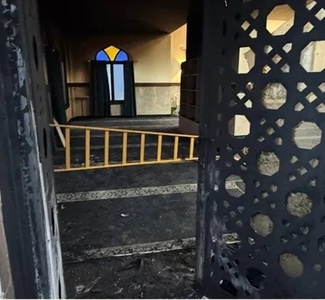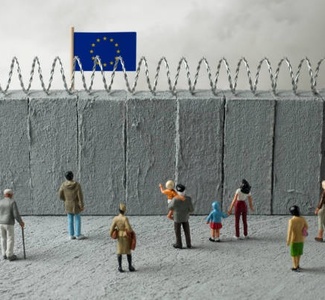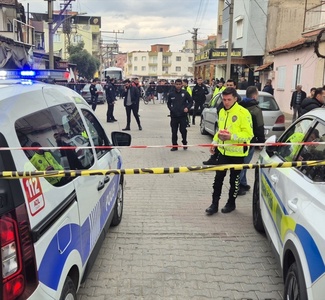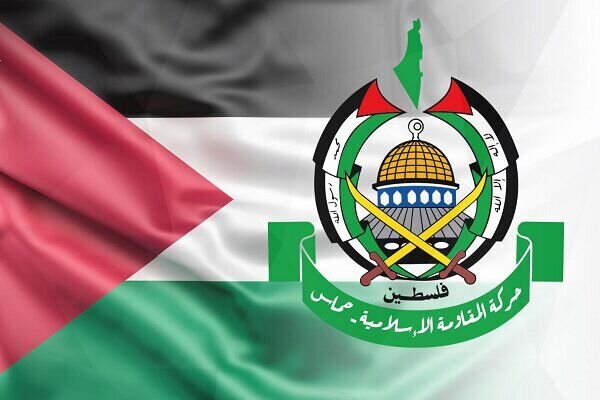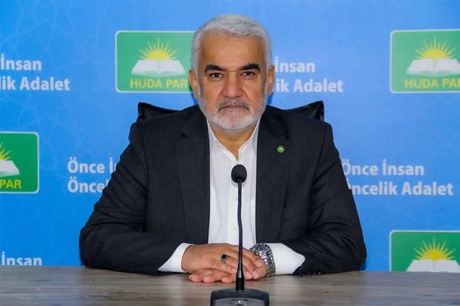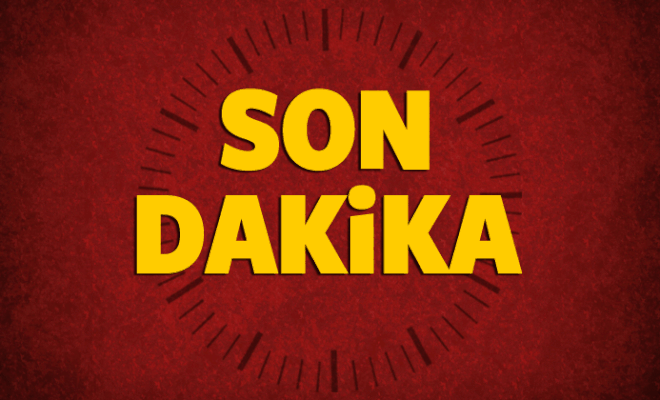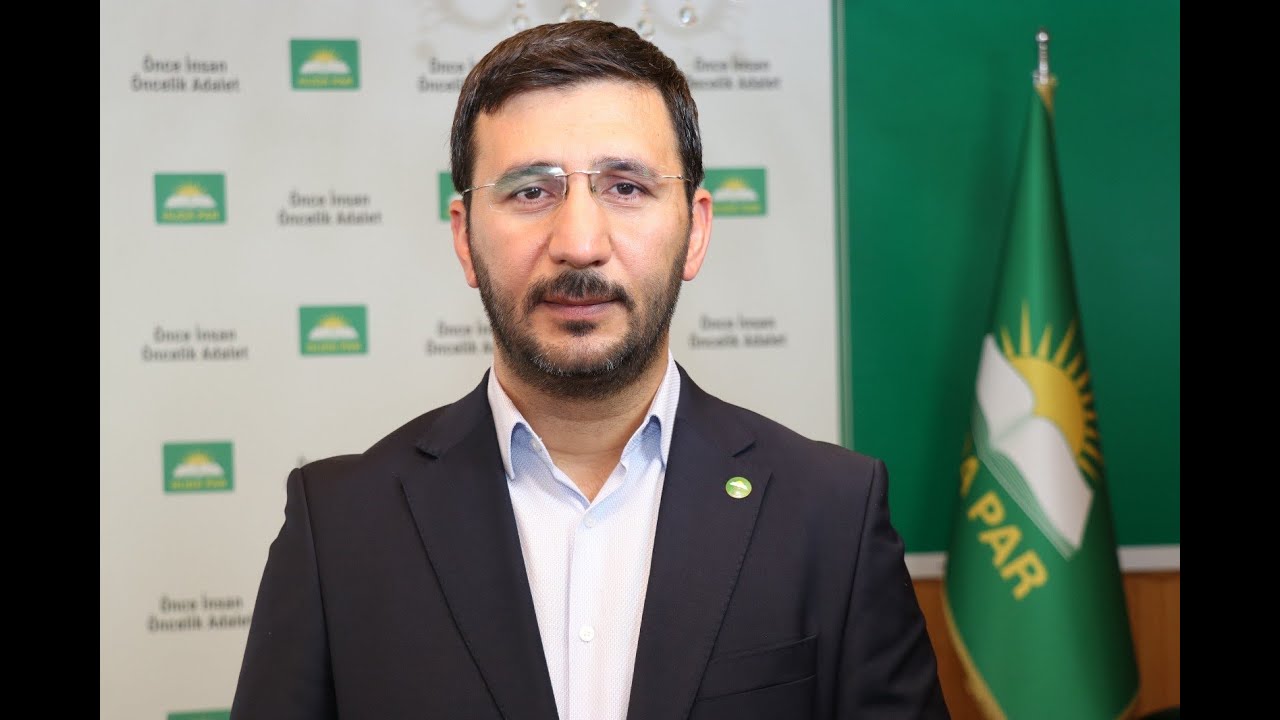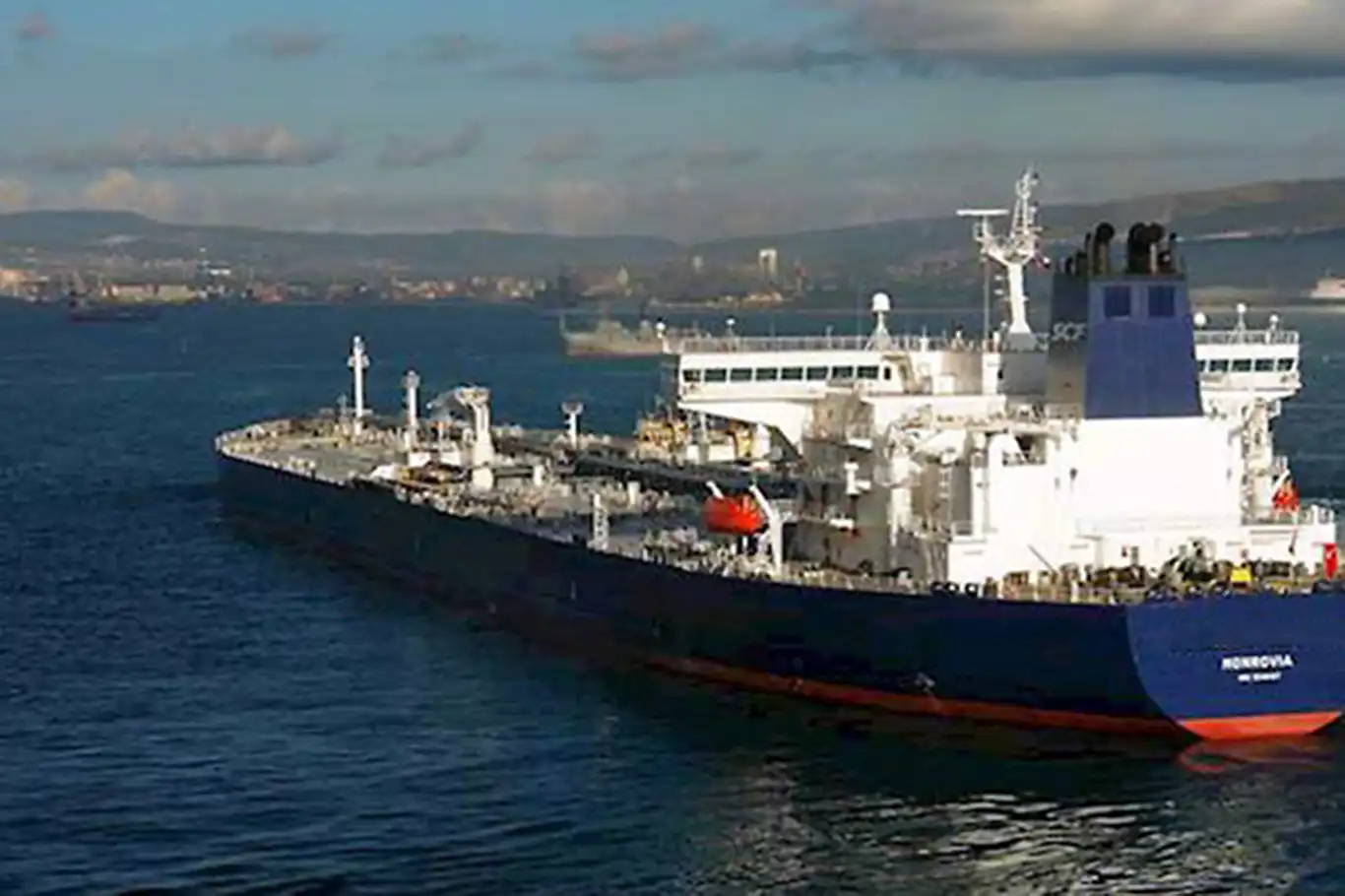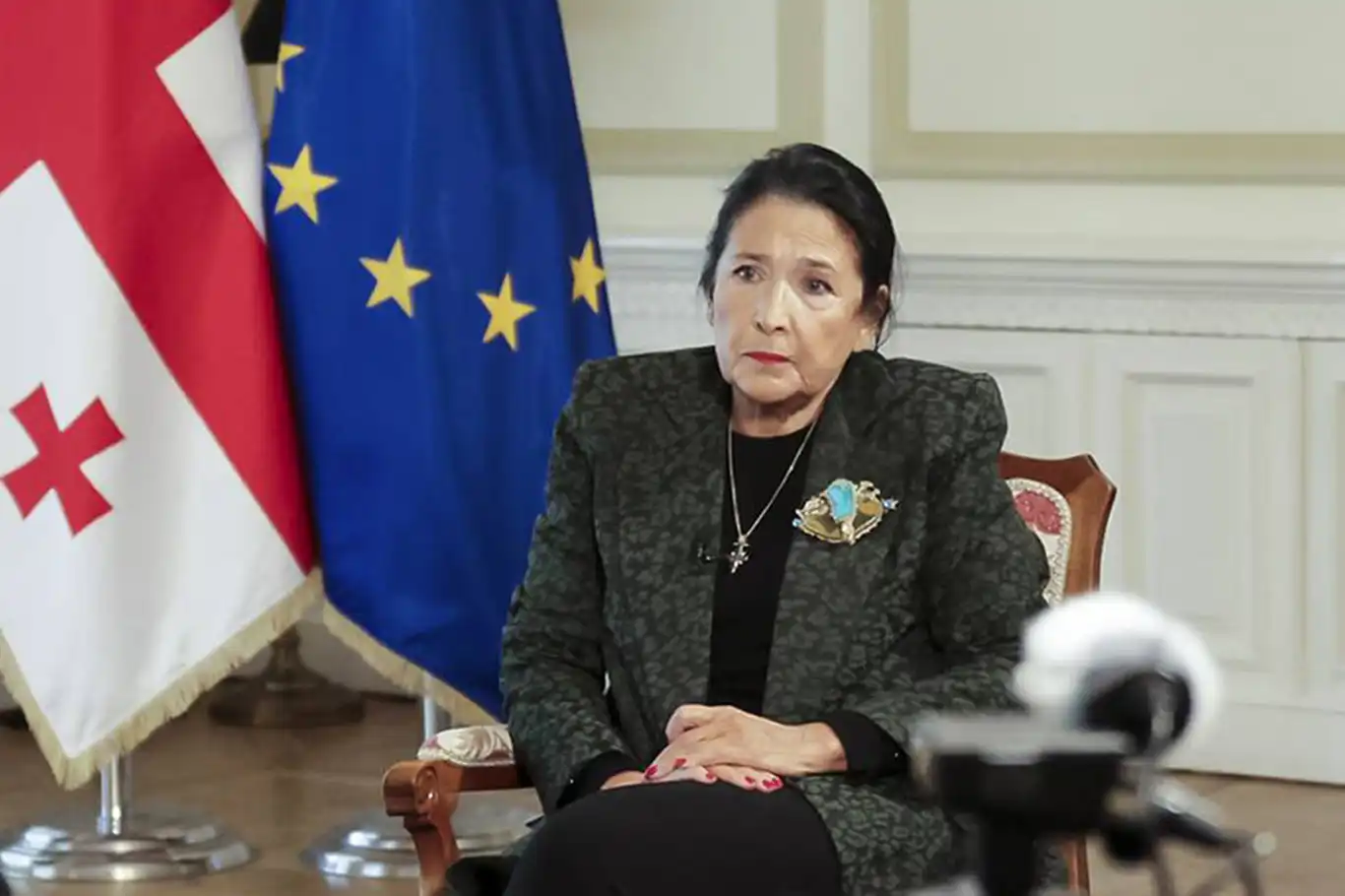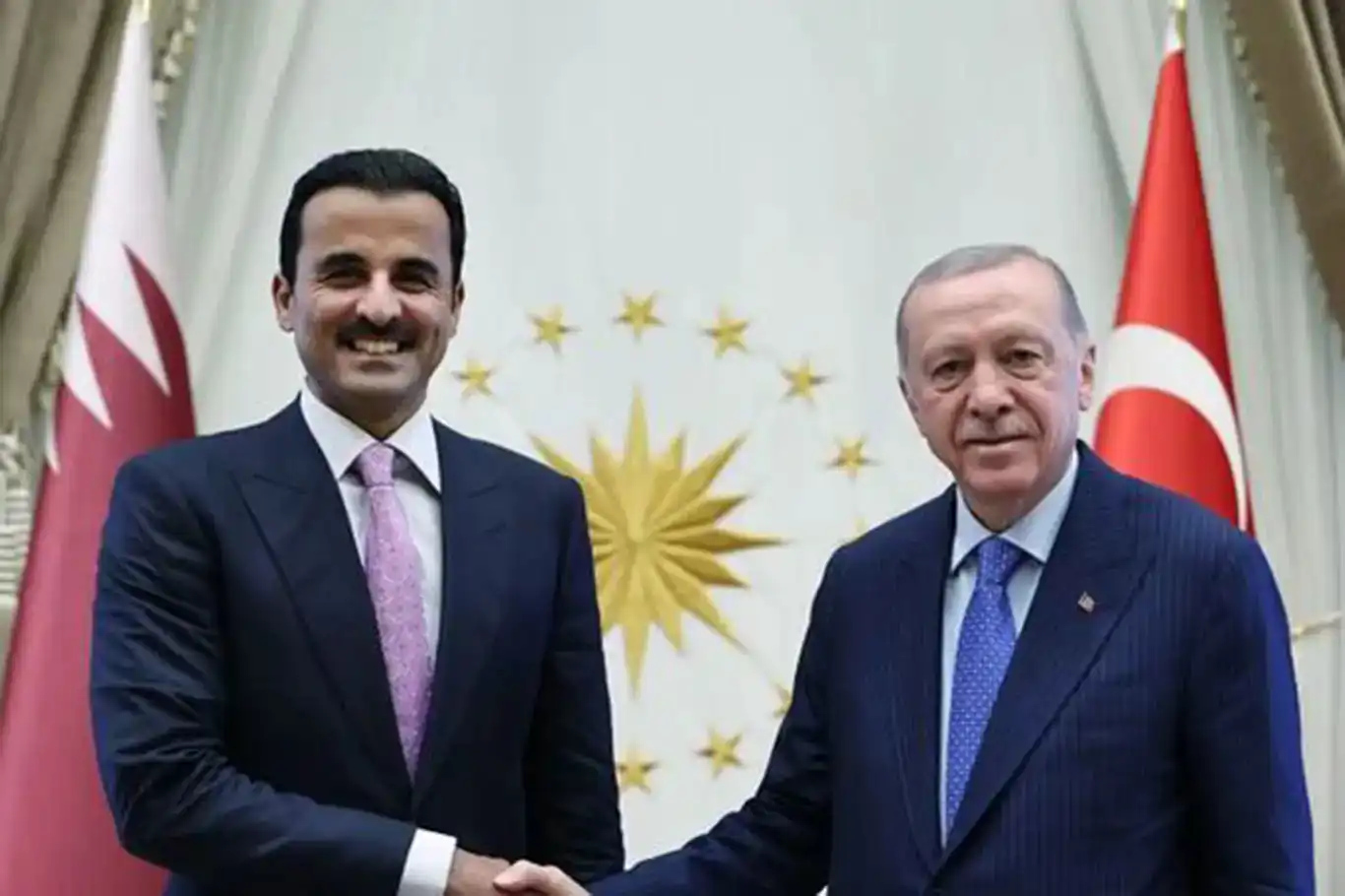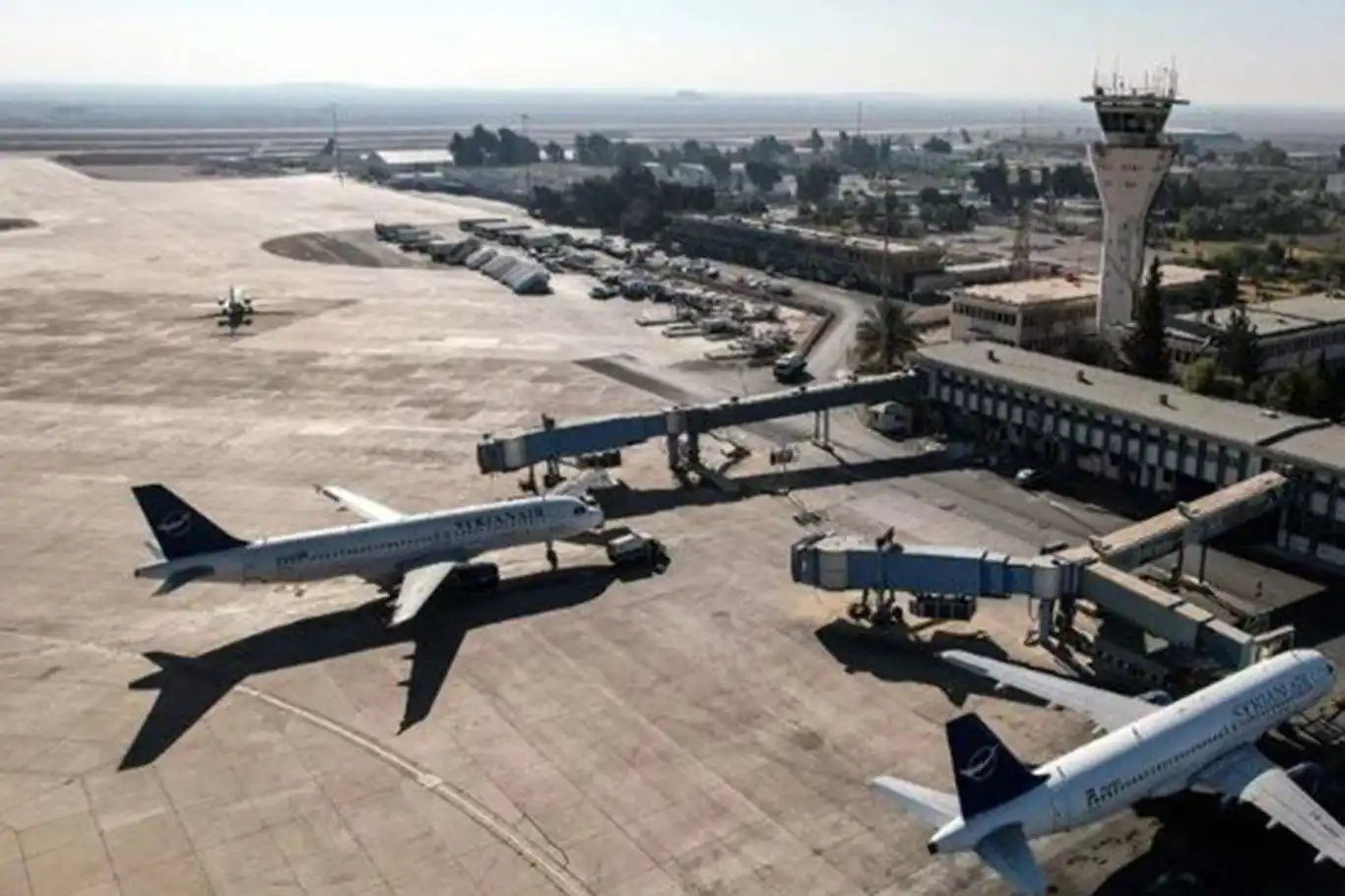Mohammed Morsi remembered on the first anniversary of his death
Mohammed Morsi, Egypt's first democratically elected president, died at 67 in court during a trial one year ago.
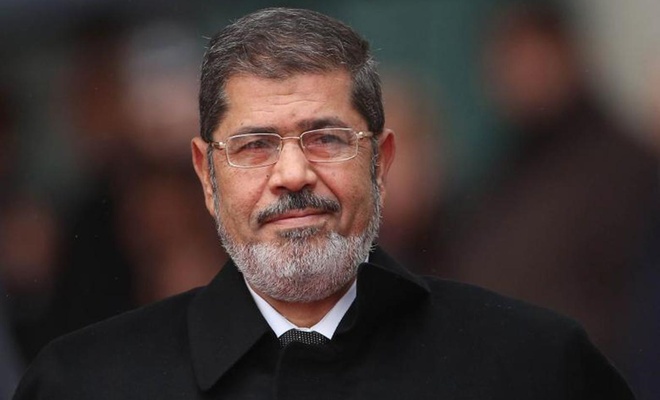
 Google News'te Doğruhaber'e abone olun.
Google News'te Doğruhaber'e abone olun. Morsi's death on June 17, 2019, was suspicious, but the junta declared that he collapsed in court and soon died at the hospital, leaving opaque questions about his death.
Egyptian state television announced on 17 June 2019 that Morsi had collapsed during a court hearing on espionage charges at Cairo's Tora prison complex, and later died suddenly, reportedly of a heart attack.
His lawyer reported that Morsi was allowed to speak for 7 minutes from inside the glass box prior to adjourning the session, which he concluded with his final words, a verse from a poem that read "My country is dear even if it oppressed me and my people are honorable even if they were unjust to me", to collapse a minute after adjourning the session. He was buried in Cairo alongside other senior figures of the Muslim Brotherhood.
Critics of the Egyptian government blamed the conditions of the trial for Morsi's death, saying that the conditions he was held under were the cause.
Mohamed Sudan, a prominent Muslim Brotherhood member based in London, had described his death as "premeditated murder".
Crispin Blunt, who had led a panel of British parliamentarians that had reviewed the conditions Morsi was held under in March 2018, said that, "We feared that if Dr. Morsi was not provided with urgent medical assistance, the damage to his health may be permanent and possibly terminal" and that "sadly, we have been proved right."
Turkish President Recep Tayyip Erdoğan blamed the Egyptian leadership for Morsi's death, describing him as a martyr. Religious ceremonies were held in Istanbul.
At the same time, Amnesty International also called for a fair, transparent and comprehensive Egyptian investigation into Mohammed Morsi's death.
Mada Masr reported that the Egyptian government had imposed censorship on coverage of Morsi's death, including requiring newspapers to use a brief, identically-worded account with no reference to his presidency, nor any allegations surrounding responsibility for his death. They were also told not to place the story on their front pages.
Almost all Egyptian newspapers complied with the order, but Al-Masry Al-Youm placed the story on their front page, and did mention his presidency.
Mohammed Morsi Issa Al-Ayyat
Mohammed Morsi was an Egyptian politician and engineer who served as Egypt's first democratically elected president from 30 June 2012 to 3 July 2013, when General Abdel Fattah el-Sisi removed him from office in a coup d'état. Morsi led the Freedom and Justice Party from 2011 to 2012.
Morsi was born in El Adwah, Sharqia Governorate before studying metallurgical engineering at Cairo University and then materials science at the University of Southern California.
He became an associate professor at California State University, Northridge from 1982 to 1985 before returning to Egypt to teach at Zagazig University.
Associating with the Muslim Brotherhood, which was then barred from office under President Hosni Mubarak, Morsi stood as an independent candidate for the 2000 parliamentary elections. Following the Egyptian Revolution of 2011, which resulted in Mubarak's resignation, Morsi came to the forefront as head of the Freedom and Justice Party.
It became the largest party in the 2011-12 parliamentary election and Morsi was elected president in the 2012 presidential election.
On 3 July 2013, Abdul Fattah el-Sissi, the head of the Egyptian armed forces, led a military coup, arrested Morsi, killed 3,533 innocent people and arrested myriads of others. He suspended the constitution and appointed Adly Mansour as interim president. He also outlawed the Muslim Brotherhood once again.
After his overthrow, Morsi faced several charges including inciting the killing of opponents protesting outside his palace, espionage for foreign militant groups including Hamas, Hezbollah and Iran's Islamic Revolutionary Guard Corps (IRGC), for escaping Wadi el-Natroun Prison during the 2011 revolution prior to his election as president, leaking classified documents to Qatar, in addition to "insulting the judiciary".
On 1 September 2013, prosecutors referred Morsi to trial on charges of inciting deadly violence. The date was set for 4 November 2013. Morsi was to be tried in a criminal court for inciting his supporters to kill at least 10 opponents, use violence and torture protesters. The prosecutors' investigation revealed that Morsi had asked the Republican Guard and the minister of interior to break up his opponents' sit-in but they refused, fearing a bloody result before Morsi's aides asked his supporters to break up the sit-in with force.
Prosecutor General Hisham Barakat ordered the referral of Morsi to criminal court on charges of espionage, in a report headed "The Biggest Case of Espionage in the History of Egypt". According to the Prosecutor General's investigations, the international organization of the Muslim Brotherhood, aided by Hezbollah and Hamas, is the reason behind violence inside Egypt.
Morsi faced trial for the second time on the charge of breaking out of jail during the Egyptian Revolution of 2011, after conspiring with foreign militant groups, including Hamas, to spread violent chaos throughout Egypt. The trial was postponed for a month on 1 February 2014, and was resumed on charges of inciting deadly violence. The trial was adjourned to the next day to hear witnesses for the prosecution, and was then repeatedly postponed.
The court convicted Morsi, along with 12 other defendants, including former MP Mohamed Beltagy, for the arrest and torture of protesters and incitement to violence on April 2015. All defendants were acquitted of murder charges. The judge handed down 20-year sentences for Morsi and the others who were convicted. Morsi still faced separate trials for espionage, terrorism, and prison-break charges and was sentenced to death on 16 May along with other defendants. The death penalty was imposed on Morsi and 105 others for their role in the Wadi el-Natrun prison break of January 2011. In accordance with Egypt's penal code, the sentence was referred to the Grand Mufti, whose assent or dissent is legally non-binding.
Amnesty International denounced the court process as "a charade based on null and void procedures." Turkish President Recep Tayyip Erdogan criticized Egypt and accused Western countries of hypocrisy, "While the West is abolishing the death penalty, they are just watching the continuation of death sentences in Egypt."
Morsi was given a life sentence for passing state secrets to Qatar in June 2016. He was one of the defendants in the case along with two Al-Jazeera journalists who were sentenced to death in absentia.
In November 2016, the court of cassation overturned Morsi's death penalty on the spying charges together with those of five other Muslim Brotherhood members. The same court was to review two other charges against Morsi for his role in the January 2011 prison break as well as for allegedly providing classified information to the government of Qatar.
After his ouster, Morsi was held in Tora Prison, in a special wing nicknamed Scorpion prison. A detention review panel, consisting of UK members of parliament and senior lawyers including Crispin Blunt, Edward Faulks and Paul Williams, reviewed Morsi's detention conditions. Based on the testimonies of Morsi's family and others informed of his condition, the panel noted that he received inadequate medical care for diabetes, called his treatment "cruel, inhuman and degrading" and said it could "meet the threshold for torture in accordance [with] Egyptian and international law". According to his sons, his health had deteriorated significantly after his imprisonment.
On 17 June 2019, Egyptian state television announced that Morsi had collapsed during a court hearing on espionage charges at Cairo's Tora prison complex, and later died suddenly, reportedly of a heart attack. (ILKHA)




























